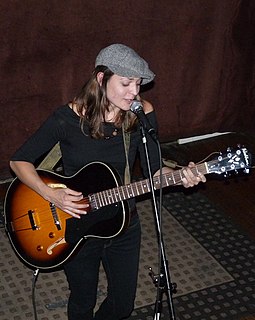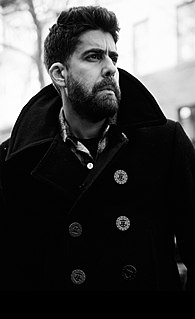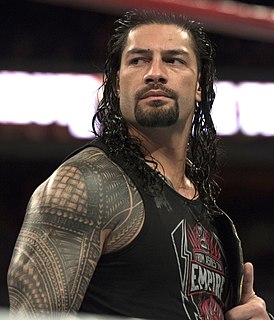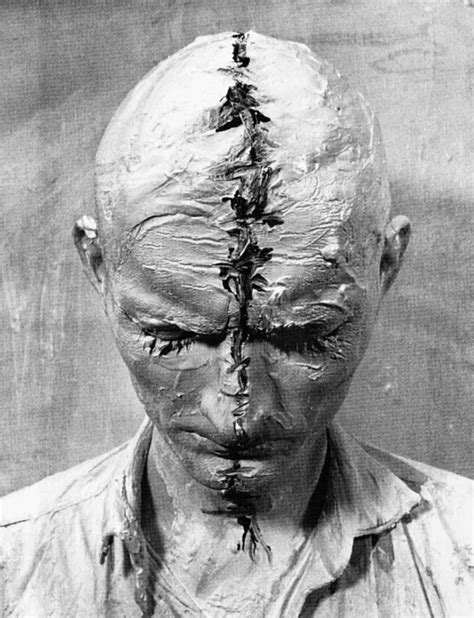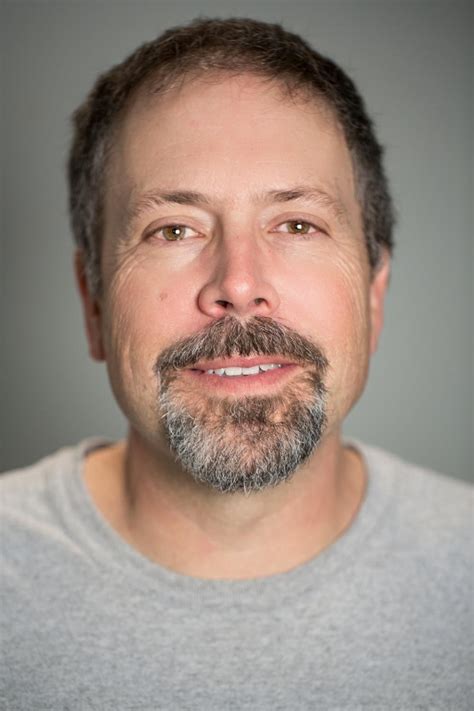A Quote by Kenneth Tynan
The sheer complexity of writing a play always had dazzled me. In an effort to understand it, I became a critic.
Related Quotes
It is necessary a writing critic should understand how to write. And though every writer is not bound to show himself in the capacity of critic, every writing critic is bound to show himself capable of being a writer; for if he be apparently impotent in this latter kind, he is to be denied all title or character in the other.
I find it's very confusing when one critic tells you one thing and one tells you something completely different. Unless all the critics agree on parts of the play that just didn't work. I have stopped reading reviews, because I find writing is all about courage. You must have courage when you start writing a play and you cannot have the voice - you must write things out. You cannot have the voice of a critic telling you, "That didn't work in that play, you cannot make it work in another play." Every time you do a production, it's an experimentation.
I still only play by ear. I don't have any training. But the piano actually makes more sense to me than guitar, even though I play more guitar now. And then, it wasn't till later that I started really writing songs. Writing songs was an outlet that I needed, so I became obsessed with it. It allowed me to express a bunch of stuff that had been piling up.
Paradoxically, the simpler poetry is, the more difficult it becomes for a critic to discuss intelligently. Trained to explicate, the critic often loses the ability to evaluate literature outside the critical act. A work is good only in proportion to the richness and complexity of interpretations it provokes.
As far as the hate, it makes me laugh. Everybody is a critic. Every critic I've ever had, they weren't wrestlers. Every wrestler I've ever had critique me, they were always into my stuff or what I'm doing out there. For a non-wrestler, someone who doesn't even know how to lock up, and if we did lock up, they wouldn't know what to do, for them to critique any of us, it really does pop me.
Acting became important. It became an art that belonged to the actor, not to the director or producer, or the man whose money had bought the studio. It was an art that transformed you into somebody else, that increased your life and mind. I had always loved acting and tried hard to learn it. But with Michael Chekhov, acting became more than a profession to me. It became a sort of religion.
One of the best and most challenging books about Orwell is by the socialist literary critic Raymond Williams. As a critic - and, in some ways, as a figure, at least within the academy - Williams was what England had in the generation after Orwell, and toward the end of his life, he became more critical of his predecessor.
The complexity of C++ (even more complexity has been added in the new C++), and the resulting impact on productivity, is no longer justified. All the hoops that the C++ programmer had to jump through in order to use a C-compatible language make no sense anymore - they're just a waste of time and effort. Now, Go makes much more sense for the class of problems that C++ was originally intended to solve.



